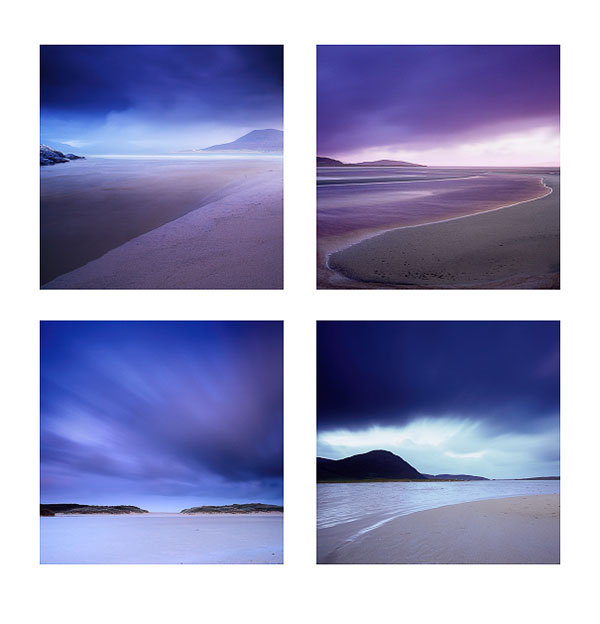A few days ago, I sent out my monthly newsletter. I got several replies back asking me to provide more technical data or technical workflow to my images. It was interesting to see these emails come through, as I've never had this kind of response before to my newsletter.
So I thought about why this might be. I came up with a few conclusions. One was that I had recently released a few e-books which are more technical than my usual offerings. One is about how to interpret images using Photoshop as your image editor of choice. The other e-book is more about how to look for clues in the structure of an image, as this will often guide the way forward in how you choose to edit your work. Both e-books attracted a lot of attention and there were a lot of sign up's to my newsletter.
So I wondered if the reason why I got emails asking me for more information on what ISO i'd used, exposure time and aperture, were maybe tied to the recent interest in my technical e-books.
I've been thinking about how much use it would be to provide ISO and exposure times for the readers of my newsletter. I believe the answer is 'not much'. This of course is partly a reaction on my part to not wanting the technical side of photography be the emphasis. I believe photography is first and foremost an emotional response to our surroundings. I see it as an emotional pursuit.
So I've been thinking about what I could possibly offer in the way of information about the images contained in my newsletters, that might aid in helping others gain better understanding. What I think we should be asking when we want to know more about a photograph, is 'what motivated you to make this image?', 'what did you latch onto?'. Was it the subject matter? or was it the speed of the clouds racing over the landscape? Was it perhaps the quality of the light in that particular area of the scene? We should be asking about the photographer's motivation.
I do feel that when others ask for technical info, they're really trying to get underneath the construction of the image. They wish to know how it came about, and an emotional language is often at a loss to do that. For example, me telling you that I thought the light was very soft and beautiful, and that I felt there were elegant curves and shapes in the scene drew me to that particular are of the scene - doesn't translate well. On the other side of the coin, being able to talk in a language that we all understand - such as 'I used a 30 second exposure and f22' certainly provides clarity and fact to an image (if I could remember the technical details - which I don't because I use film, so meta data isn't recorded). But it's missing the mark entirely.
I think language about emotions can be too broad, too intangible at best when describing the creative process. That is why I think people ask for technical data. It is at least a common language that we all understand. It is factual, and although on the surface it may appear to give answers to our questions, the real questions are often still left unsaid and as a result, unanswered.
